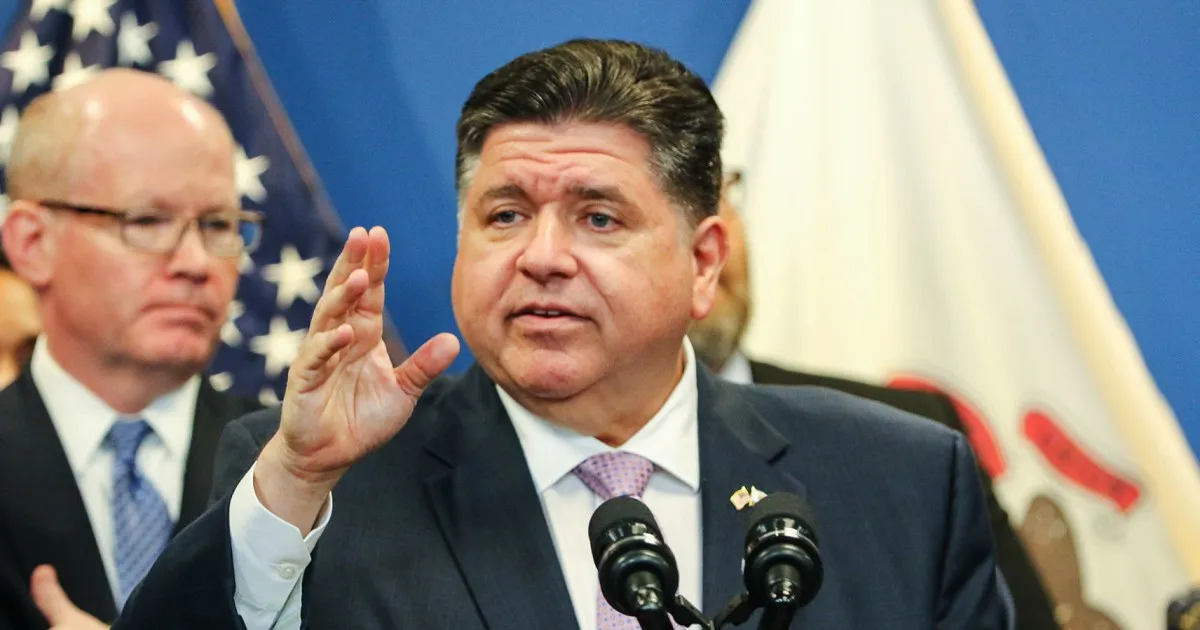
On Monday, the state of Illinois initiated a legal challenge aimed at preventing the Trump administration from deploying federalized National Guard troops on the streets of Chicago. The lawsuit underscores a broader concern regarding the use of military force in domestic affairs, particularly in cities governed by Democratic leadership. The filing explicitly states that “the American people, regardless of where they reside, should not live under the threat of occupation by the United States military, particularly not simply because their city or state leadership has fallen out of a president’s favor,” according to the Illinois Attorney General's Office.
The legal action names several high-profile defendants, including President Donald Trump, Homeland Security Secretary Kristi Noem, Defense Secretary Pete Hegseth, and Army Secretary Daniel Driscoll. The lawsuit asserts that the Trump administration's actions have led to “serious and irreparable harm” to the state of Illinois and its residents.
This lawsuit follows recent developments in Portland, Oregon, where a federal judge issued two orders over the weekend temporarily halting the federal deployment of National Guard members from California and other states. Both Portland and Chicago have become focal points in a broader narrative of federal intervention in predominantly Democrat-run cities, which the Trump administration has targeted for military presence.
U.S. District Judge Karin Immergut, a Trump appointee, commented on the situation, stating, “This country has a longstanding and foundational tradition of resistance to government overreach, especially in the form of military intrusion into civil affairs.” The arguments presented in Illinois' lawsuit echo these sentiments, asserting that the federalization of military forces constitutes a violation of state sovereignty.
The suit expresses grave concerns regarding the impact of federal troop deployments, stating, “The Federalization Order’s deployment of federalized military forces to protect federal personnel and property from 'violent demonstrations' that 'are occurring or are likely to occur' represents the exact type of intrusion on State power that is at the heart of the Tenth Amendment.”
According to the lawsuit, the deployment of federalized National Guard troops from other states infringes upon Illinois’s sovereignty and right to self-governance. This intervention is expected to exacerbate social unrest, damage community relations, and heighten mistrust in law enforcement. Additionally, the suit highlights potential economic repercussions, noting that such deployments could depress business activities and tourism, ultimately harming Illinois's tax revenue.
In light of these concerns, both the city of Chicago and the state of Illinois are seeking a judicial declaration that the federalization and deployment of the National Guard, as well as the military presence in Illinois, are unconstitutional and/or unlawful. The outcome of this lawsuit could set a significant precedent regarding the scope of federal power in state affairs, particularly in relation to military involvement in civilian matters.